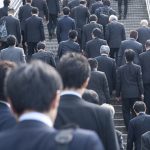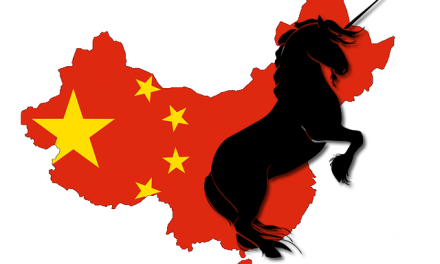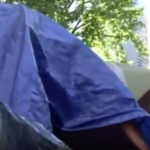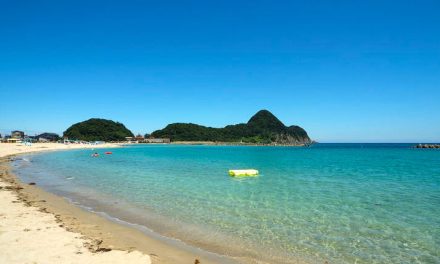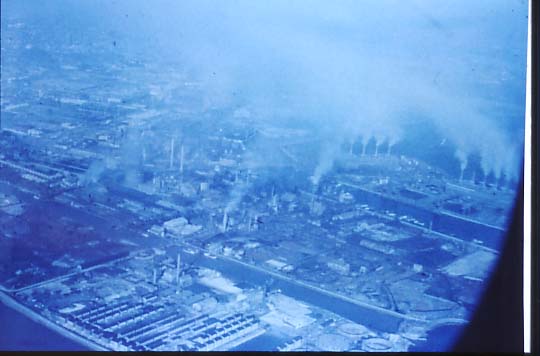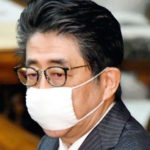
Japan’s Economic Miracle 10
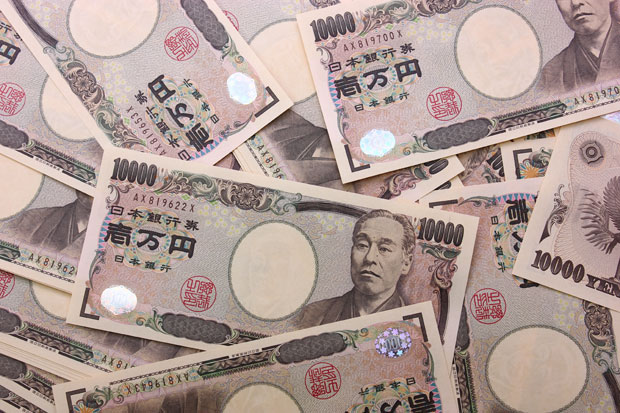
As a consequence of the economic growth, people came to have a strong desire to buy and supply as well as a strong capacity to produce and sell.
During this period, employees were paid more instead of putting aside surplus in order to encourage the employees to work hard together no matter the situation.
Business owners cherished morality and considered their employees to be very important. So,
However, the high speed of high growth economy had also made maladjustment including environmental pollutions.
The 1st and 2nd Oil Crisis (1970’s )
The phrase
A rumor that products made out of oil would be disappearing from shops which resulted in people rushing into shops to get toilet paper.
What made Japan’s economy start to decline where was the 1st Oil Crisis in 1973. During this period, Japan’s economy recorded minus growth for the first time ever since the end of the war. Shimomura also started to claim that economic growth was no longer be expected.
He regarded that the productivity of companies had already reached its peak. He was deeming where Japan’s economy should settle down and expected 0 (zero) growth to start. However, the result fell short of Shimomura’s expectation.
Unexpected gigantic power appeared.
After the 1st Oil Crisis, a whole bunch of money was flowing into Japan’s economy (market) which had consolidated management cultures in order for Japanese companies to be able to make profits even when facing a slowdown in the economy.
Japan was going to be driven into a fully absorbed in the financial market by the power of money’s seduction as if it was sneering at manufacturing which needed steady and serious efforts.
Also this time, money started to support Japan’s steady economic growth.
The Economic Bubble
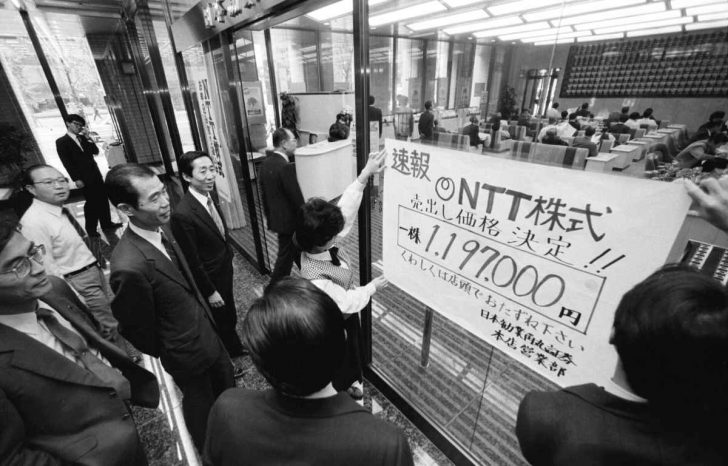
On April
The stock price reached the highest price and prices of real estate also rose sharply. Then, the bubble burst and Japan was going into the stagnation which would last for more than 20 years.
How was the bubble created and why did the bubble burst?
Why has not Japan’s economy been able to recover from such a long stagnation?
In order to expose the truth of the economic bubble, NHK (Japan Broadcasting Corporation) interviewed more than 100 parties concerned.
1964 Tokyo Olympic Games
1970 Osaka International Exposition
1985 Plaza Accord
1989 The end of the Cold War
After 1980’s when the world economy changed dramatically, what was happening to Japan and Japanese people?
In the late 80’s, there was a sudden sharp appreciation of Japan’s economy happened. This was the so-called economic bubble. Back then, the word of *“Zaiteku” boomed and people went crazy about increasing their own property.
*Zaiteku: Literally “Financial engineering”, strategic moneymaking through investment in stocks, bonds, and so on.
NHK feature “Japan in the world”, broadcasted in 1986.
(A TV program which introduced managers who made a large amount of money by Zaiteku.)

The President of Hanwa Shigeru Kita had become a famous person in the financial world and his nickname was “World’s Kita Money”.
His main occupation was the steel commercial business handling steel and metal. However, he was promoting to expand Zaiteku by very aggressive fund management.
He created a dealing room which was next to his president room and had also made full use of Zaiteku as well as earning astronomical profits in financial markets.
“Today, we earned ¥100 million, but it’s not very big for us. We can also earn ¥500 million in a day sometimes. It’s a cushy job.”
Shigeru Kita
To be continued …
Sponsored Link




